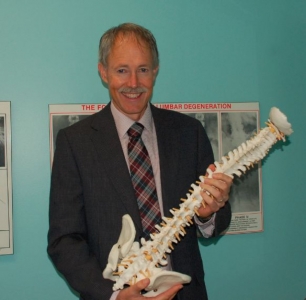According to research from UT Southwestern University, middle-aged sedentary people can improve substantially their heart and aerobic fitness if they exercise intensely and frequently enough. Without the exercise of an aerobic nature, the heart muscle becomes stiff and less flexible leading to high blood pressure and less ability to pump oxygen-rich blood back out to the Healthy Body.
In the study, participants ranging in age from 45 to 64 exercised four or five times per week, usually in 30-minute sessions plus warm-up and cool-down. One of the sessions and probably the most important one was an intense 30-minute workout which included four-minute interval sessions at up to 95% maximum heart rate. Each interval was followed by 3 minutes of recovery and the intervals were repeated four times.
One of the weekly sessions was one hour long at moderate intensity and the other 2 or 3 sessions were at moderate intensity. Moderate means that one should break a sweat but still be able to carry a conversation. In addition, one or twice per week the participants did strength training sessions with weights or machines either after the endurance exercise or on a separate day.
The results were impressive. After two years those who had exercised had an 18% improvement in their maximum oxygen intake during exercise and 25% improvement in the compliance of the left ventricle of the heart, noted Dr. Levine the director of the study and professor of internal medicine. The people in the control group doing yoga and balance training did not achieve these improvements.
We can include that it is never too late to start an exercise program to improve your heart health even if you have led a sedentary lifestyle up until this time. Ask your chiropractor about the best form of aerobic exercise that is right for you to achieve these benefits. I enjoy running but you can do swimming, cycling or fast walking depending on your joint health and current fitness level. Receive regular spinal checkups and adjustments to maintain your neuromusculoskeletal health and prevent injuries that could limit your exercise program.



